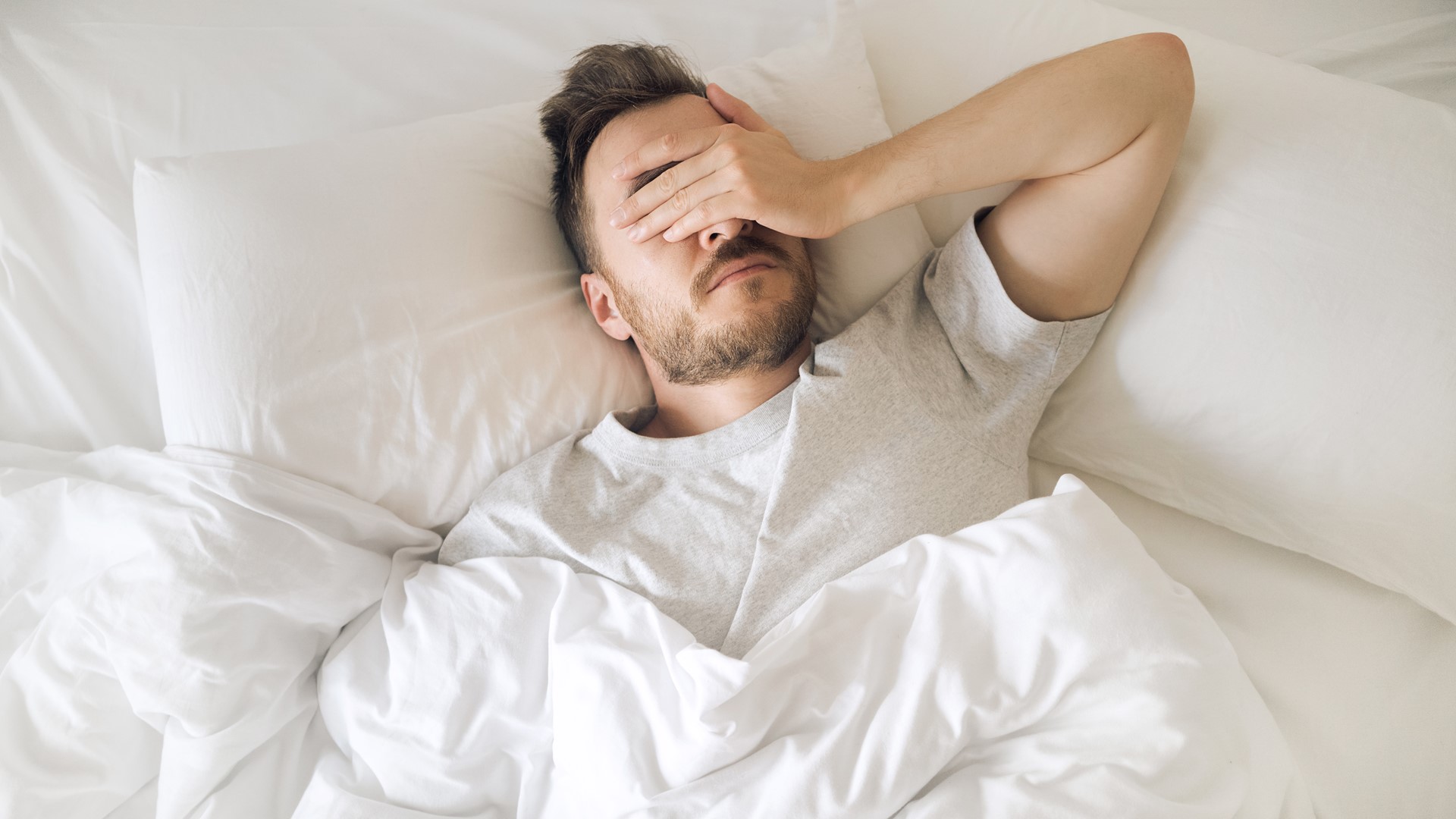EDITOR'S NOTE: This segment was originally filmed in May 2020. Some references may be outdated.
It’s not uncommon to have trouble falling asleep or staying asleep right now. Shifts in schedules and routines, along with the angst of living through the COVID-19 pandemic, can be contributing to poor sleep. Dr. Mia Wise, Medical Director at Premera Blue Cross, says having worries and anxiety is a common cause for sleep issues.
“Unfortunately, it is one of those self-perpetuating relationships where if you don’t sleep, it’s harder to regulate your mood and energy throughout the day,” says Dr. Wise. “And if you’re having trouble with anxiety, it leads to bad sleep. It can be a cycle.”
She added that practicing good sleep hygiene with these tips can help you fall asleep and stay asleep.
- Take some time to wind down at the end of the day. Avoid stressful or goal-oriented tasks. Give yourself 20-30 minutes to do more quiet activities, like enjoying a hot cup of tea, reading a book or listening to soothing music.
- Keep your bedroom as a place of relaxation. Try not to work, eat or watch TV there.
- Get some exercise. Even a 20-30-minute walk is associated with better sleep quantity and quality.
- Avoid alcohol and stimulants close to bedtime. Try to have no caffeine after lunch and no alcoholic drinks closer to bedtime.
- If you wake up in the middle of the night, unhook from your racing mind by writing thoughts in a journal or tasks on a to-do list. Writing things down helps you process what you need to or remember things the next day. This reassures the mind and helps you fall back asleep.
- Do a soothing task like counting backwards or reciting lyrics. If your mind starts to drift, bring it back to the boring task.
Medical professionals are also hearing about “COVID dreams.” Some people are recalling dreams more often and more vividly, and these dreams seem to be more unusual.
“We’re living through a time of angst and uncertainty and that can contribute to our dreams,” Dr. Wise said. “But we’re also living in a time where we’re not going outside as much. We’re not doing the variety of things we’re used to doing. Our range of stimulus is much narrower, so our brains are reaching into the more obscure corners of our memory banks to pull in the subject matter for our dreams. They’re really quite strange and sometimes alarming.”
Practicing good sleep hygiene is a process and can take space and patience. If you’re still not sleeping well after trying these tips, you should seek care from a primary care physician.
Sponsored by Premera. Segment Producer Joseph Suttner. Watch New Day Northwest 11 AM weekdays on KING 5 and streaming live on KING5.com. Contact New Day.

